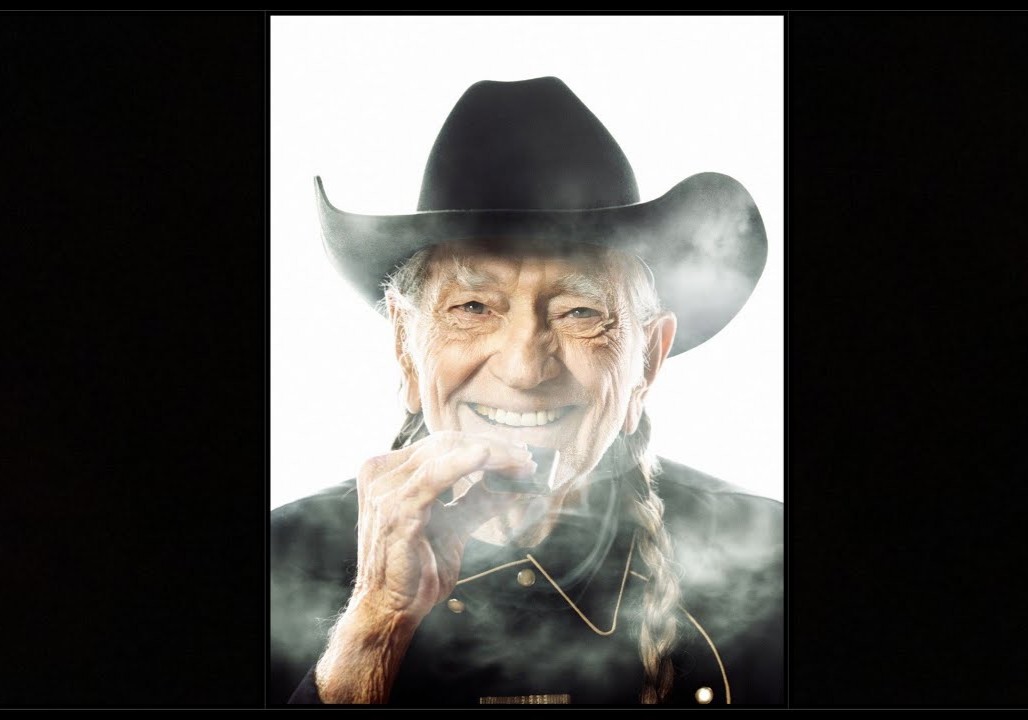
Willie Nelson says he still remembers the smell and the laughter — a casual, defiant moment on the roof of a place Americans treat as sacred, and a story he tells with the easy grin that has carried him for decades.
Sitting in his famous tour bus, the 92-year-old country star looked back on a lifetime on the road and a moment in the spotlight that still raises eyebrows: sharing a joint on the White House roof with Chip Carter, the son of President Jimmy Carter, in the late 1970s. He told the story as if it were a small, funny detour in a life full of music and hard work.
Willie’s memory of that day is part of a larger conversation he wanted to have about the people he calls family: American farmers. He co-founded Farm Aid roughly four decades ago, and he speaks about the cause with the bluntness that has defined his public life.
“We had a ball.”
— Willie Nelson, country music legend
On his bus, with the hum of life on the road and the echo of Sheryl Crow from the stage, Willie described Farm Aid as born out of both friendship and urgency. He remembers calling friends and fellow artists and finding that help was immediate. Big names answered his call. For him, getting those musicians out to play was not about show business — it was about keeping small farms in business.
He does not mince words about government policy. Speaking as a former farmer who still feels the soil in his bones, Willie said Washington has lost touch with the people who feed the nation.
“I’d tell them to go pick cotton for a few days and then call me.”
— Willie Nelson, country music legend
That line landed like a challenge. He explained he wasn’t speaking metaphorically. He wanted lawmakers to understand the daily grind, the weather, the debt and the shrinking margins that leave families on the edge. When he called friends for Farm Aid — artists like Bob Dylan and Billy Joel, he said — they said yes without hesitation. That, he says, showed real concern for the farmers who quietly suffer.
The conversation turned to the tour bus he calls home. He joked that it is “like a rolling old folks home,” where the rhythms of travel, soundchecks and late-night jam sessions stitch together a life that has always been about the music. He steers clear of partisan fights onstage, preferring a simple creed: music brings people together.
He credited music with keeping him going. When asked what has kept him on the road for so long, his answer was short and unapologetic: music heals, it binds, it restores.
Beyond the anecdotes and the laughs, his comments underscore a wider problem that stretches across rural America: shrinking farm incomes, consolidation, and policies that many say favor big agribusiness over family farms. Farm Aid’s concerts and fundraising have raised awareness and money for decades, but Willie’s anger and impatience suggest the work is far from done.
He recalled the hardships of his own early years in Nashville — days of struggle that, he said, taught him humility and the value of community. Even telling a story as brazen as getting high on the White House roof, he frames it as part of a life lived honestly and loudly: full of music, stubborn in its attachments, and quick to defend the small, beating hearts of rural America.
The bus rolled on, the music kept playing, and Willie’s remarks left an unmistakable challenge to those in power: listen to the people who grow our food — or face the consequences.
